-
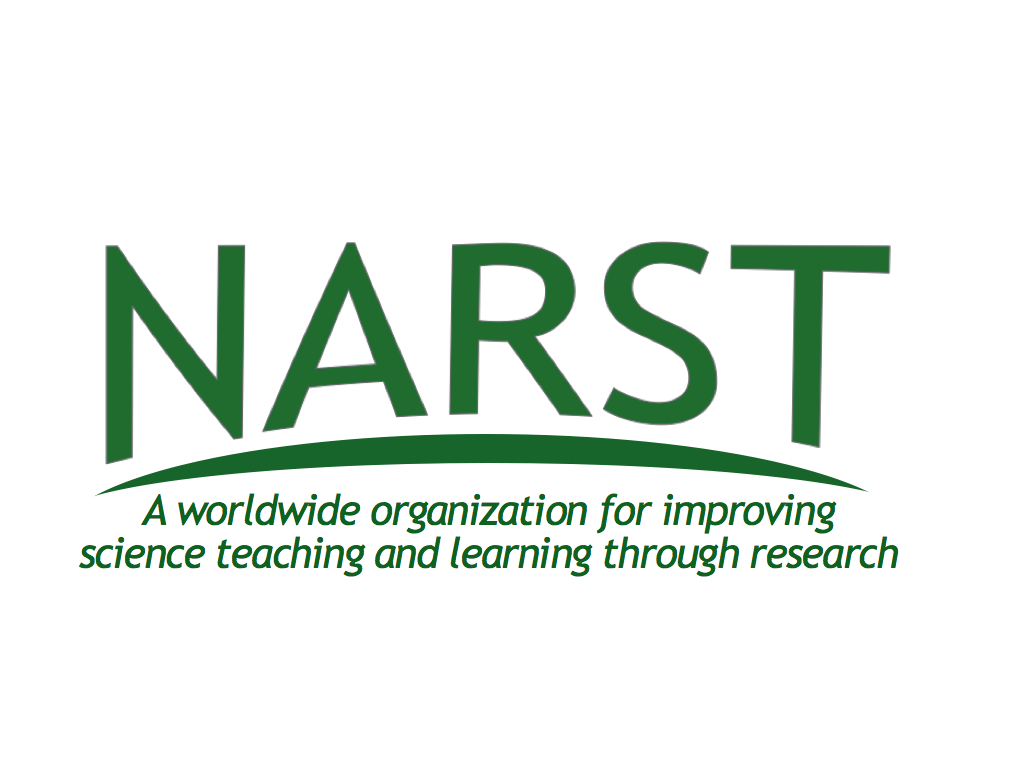
OTACA at NARST 2024
Helen Fitzmaurice will be sharing some of her most recent work with the Oakland Teachers Advocating for Climate Action project at the Annual International Conference of the National Association for Research in Science Teaching to be held in Denver, CO. Fitzmaurice, H. & Wilkerson, M. H. (Forthcoming 2024). Community Organizing for Climate Change and Environmental […]
|
-

CoRE Lab at AERA 2024
We will be presenting several strands of work at the upcoming 2024 Annual Meeting of the American Educational Research Conference in Philadelphia. This year, much of our work has focused on teachers’ and teacher educators’ perception and uptake of more socially-aware approaches data literacy education. We have also continued to develop our line of research […]
|
-

New Climate Action Grant
Helen Fitzmaurice, with a number of partners including former CoRE Lab postdoctoral researcher Emily Reigh (now at UCSC), former BSE grad Alyssa Sayavedra (CSU Monterey Bay), and graduate student Jake Barton, will be awarded $1.4M to study and support California teachers and community partners in implementing justice-centered climate change pedagogy in K-12 classrooms. The project […]
|
-
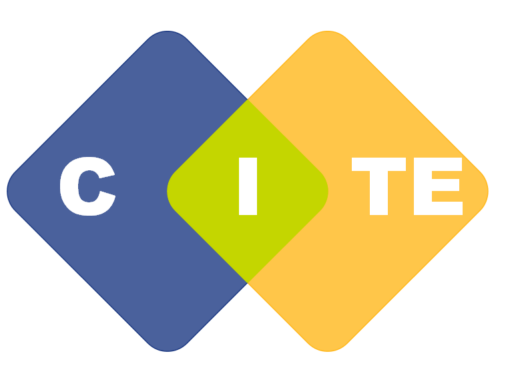
CUNY/CITE Summer Camp
We will be running a teacher educator Summer Camp as part of the City University of New York’s Computing Integrated Teacher Education program! Our summer camp is called “Writing Data Stories: Connecting Student Experience and Data,” and will be introducing the frameworks and materials we’ve developed as part of the Writing Data Stories project in […]
|
-
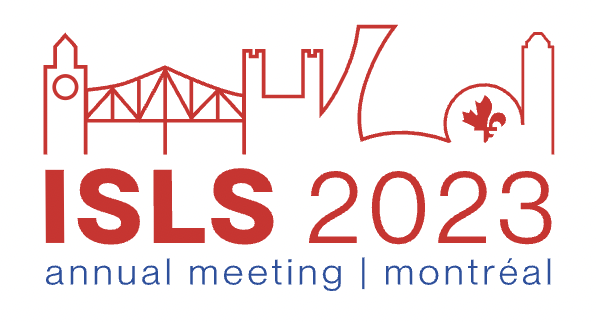
DS+LS Workshop at ISLS 2023
Michelle is part of the organizing team for a data science focused pre-conference workshop to be held Jun 10 at ICLS 2023. The Learning Sciences in K-12 Data Science Education Pre-ISLS Workshop (LS + DS) Call for Participation: Data Science Education is fast becoming a topic of interest, but like many “hot topics,” a rush-to-market […]
|
-
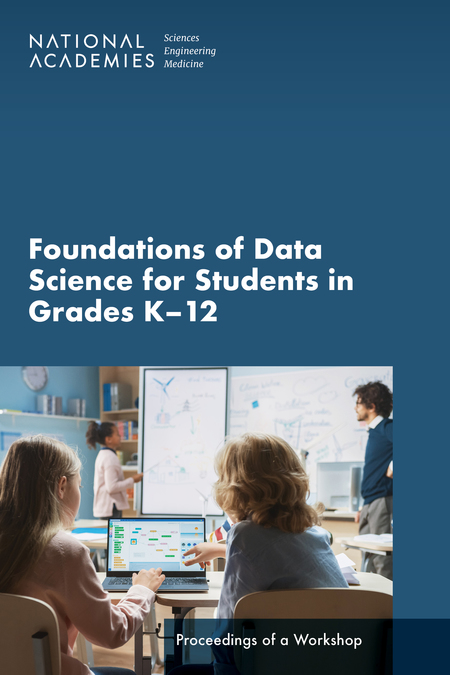
NASEM K12 Data Science Workshop: Proceedings & Webinar
The National Academies of Science, Engineering, and Mathematics has published the Proceedings of the Foundations of K-12 Data Science Education Workshop. The workshop was held in Washington, DC and online Sept 13-14, 2022. To announce the release, Co-Chairs of the Workshop Organizing Committee Michelle Hoda Wilkerson and Nicholas Horton hosted a webinar March 17 sharing […]
|
-

CoRE Work At ICLS 2023
Members of the CoRE team will be presenting multiple papers at this year’s International Conference of the Learning Sciences. This year’s presentations also demonstrate the span of our collaborations, including colleagues from NYU, Columbia Teacher’s College, MIT, and the University of Buffalo: Vogelstein, L., McBride, C., Ma, J., Wilkerson, M. H., Vogel, S., Barrales, W., […]
|
-

Exploring Children’s Geographies
Reigh, E., Escudé, M., Bakal, M., Rivero, E., Wei, X., Roberto, C., Hernandez, D., Yada, A., Gutierrez, K. G., & Wilkerson, M. H. (2022). Mapping racespace: Data stories as a tool for environmental and spatial justice. In BSOPS #48: “Learning Within Socio-Political Landscapes: (Re)imagining Children’s Geographies”, 79-95. doi: https://doi.org/10.58295/2375-3668.1452
|
-
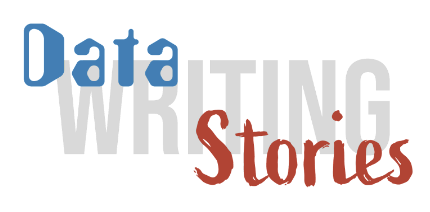
Writing Data Stories
This project integrates computational data analysis into the middle school science curriculum. Students combine personal experience, interviews, and journalistic investigations of scientific phenomena with data investigations to create multimodal “data stories” that both tell stories about data and how it was collected and analyzed, as well as with data about socio-scientific issues.
Funded by: National Science Foundation IIS-1900606 (concluded)|
-
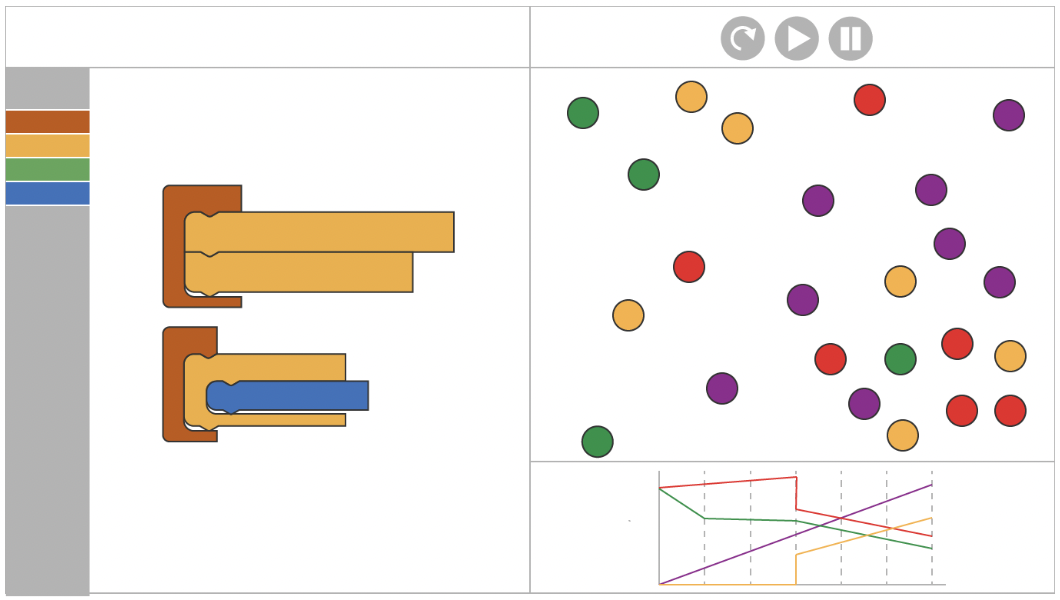
Sustained Modeling in K12 Science (A2S)
From Access to Sustainability: Investigating Ways to Foster Sustainable Use of Computational Modeling in K-12 Science Classrooms (A2S) seeks to support and examine the development of computational modeling as a sustained practice in middle school science classrooms
Funded by: National Science Foundation DRL-2010413 (active)|